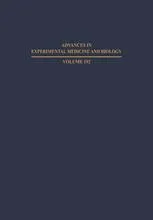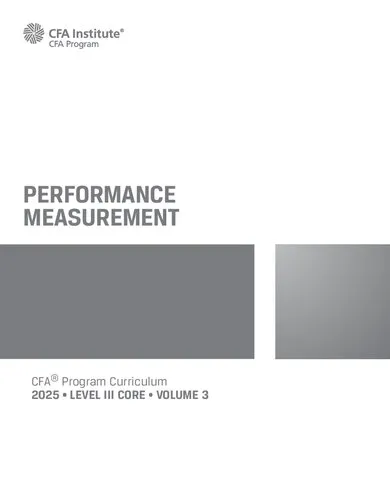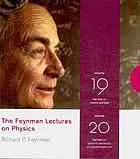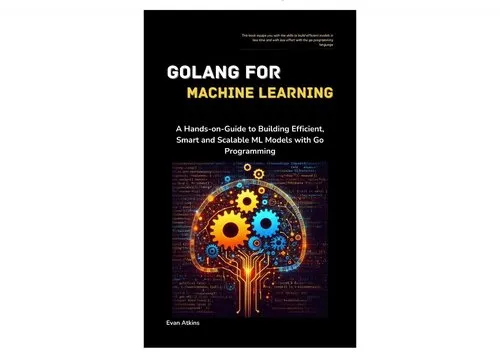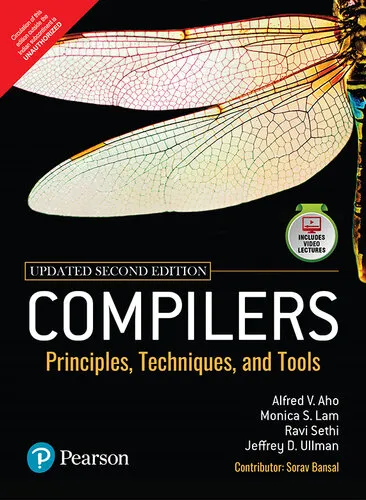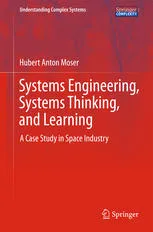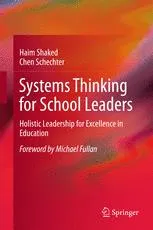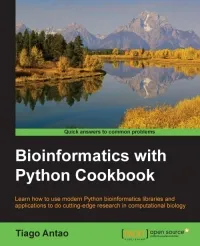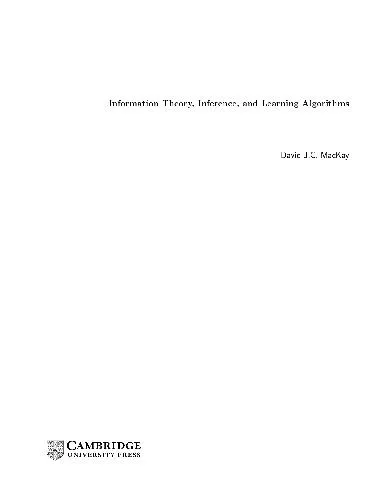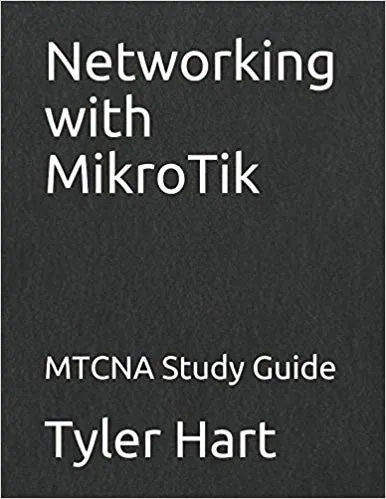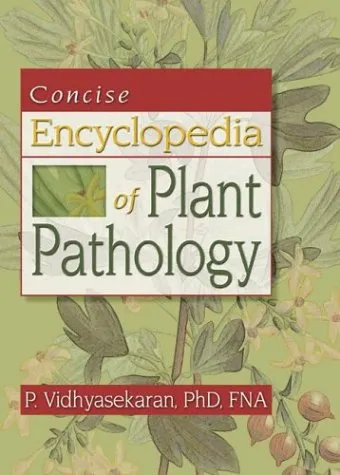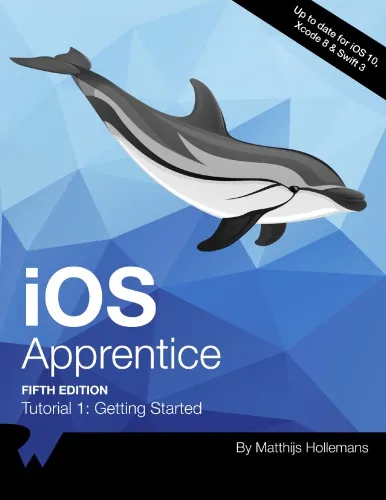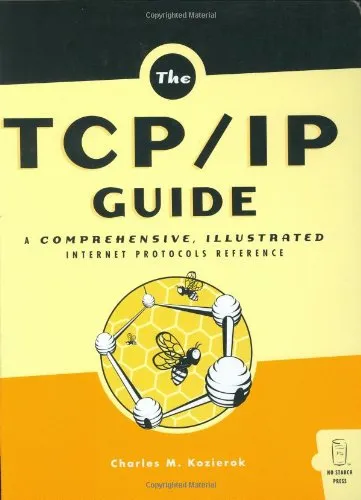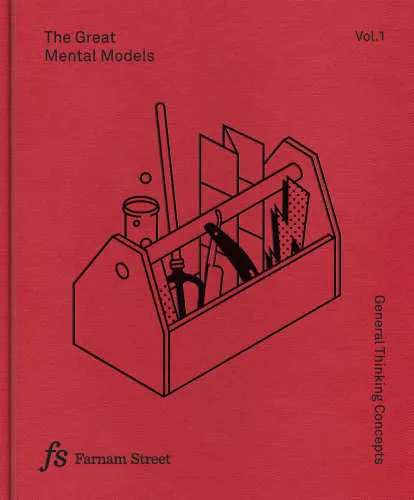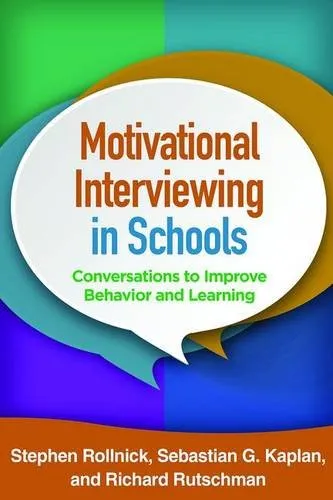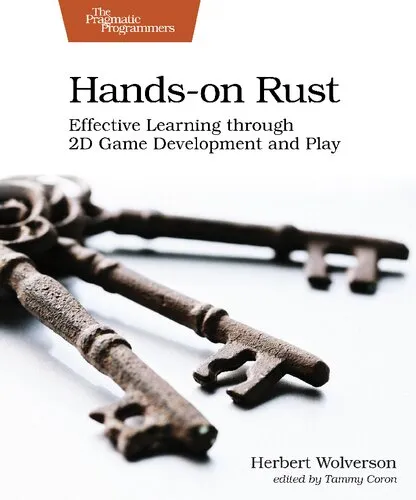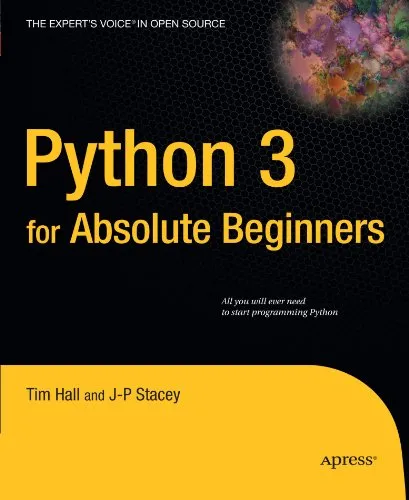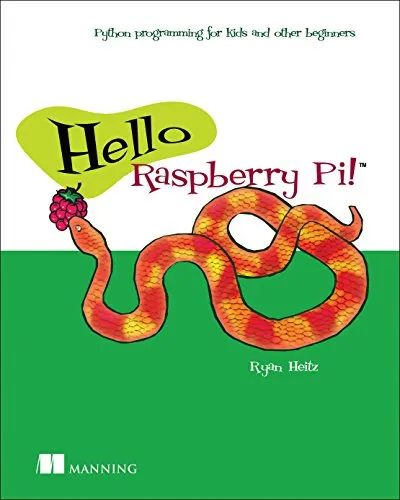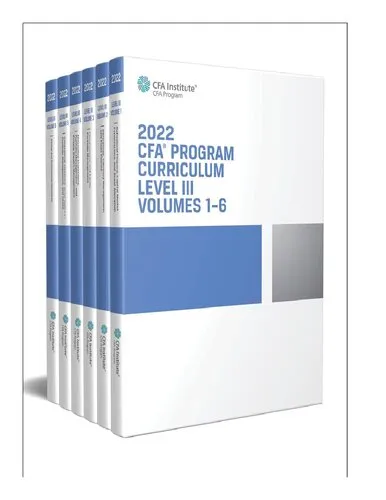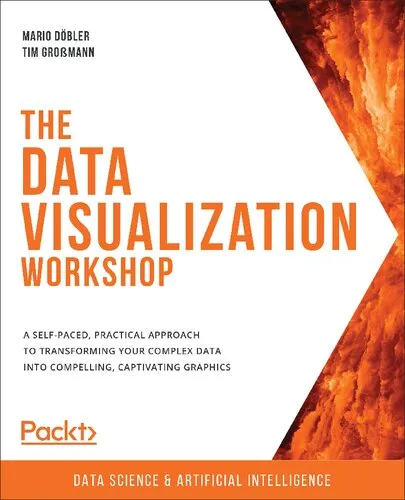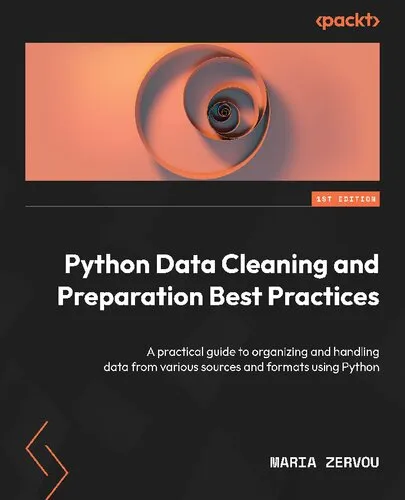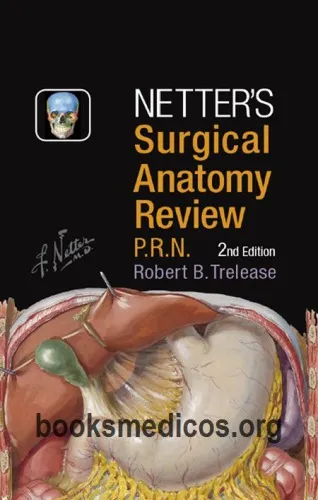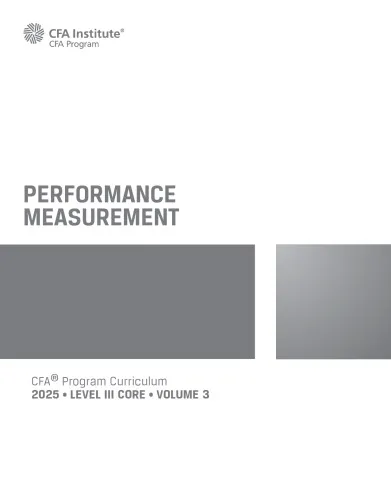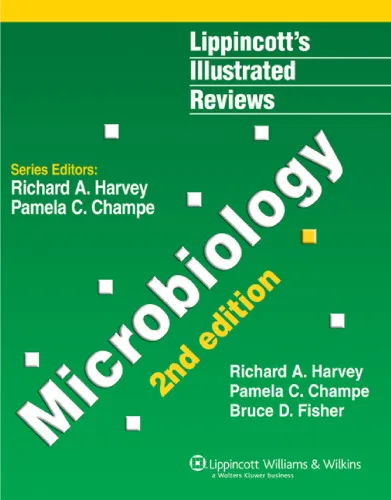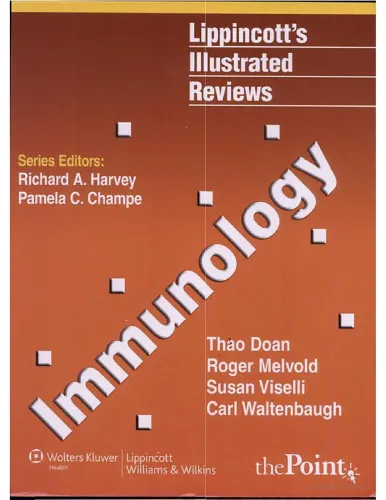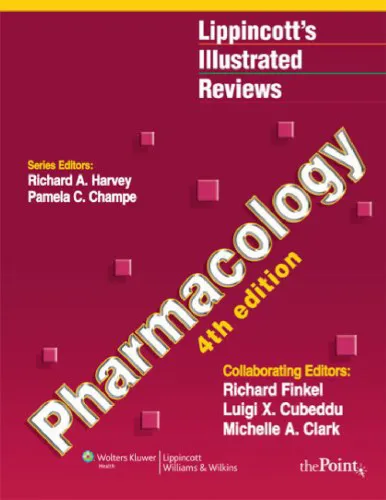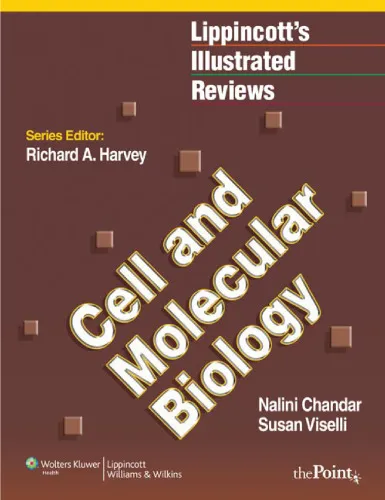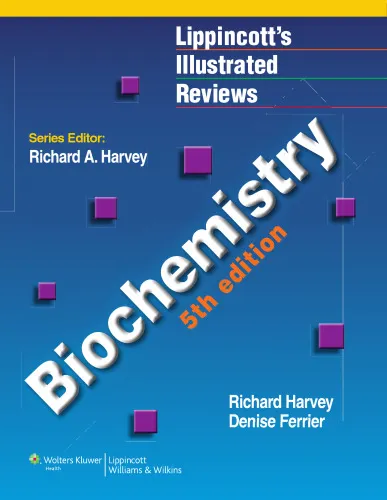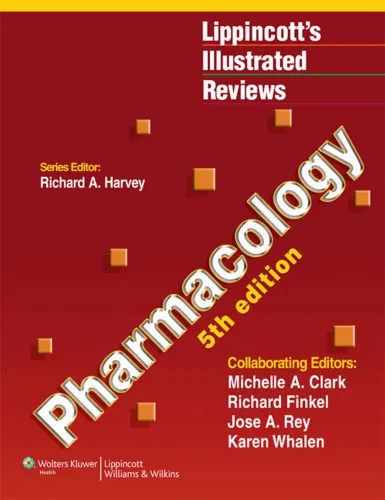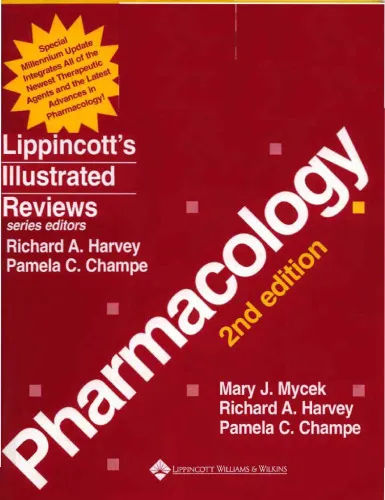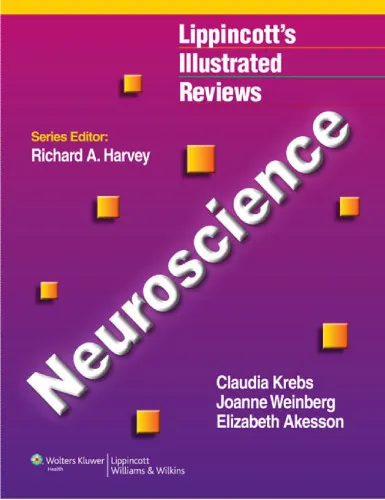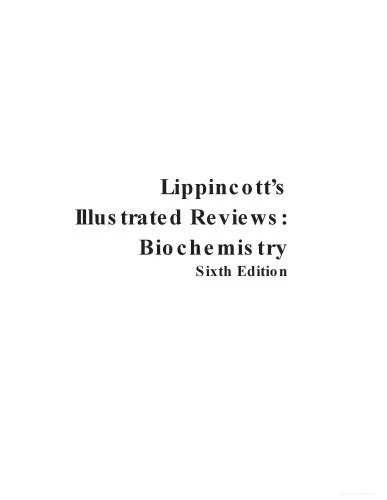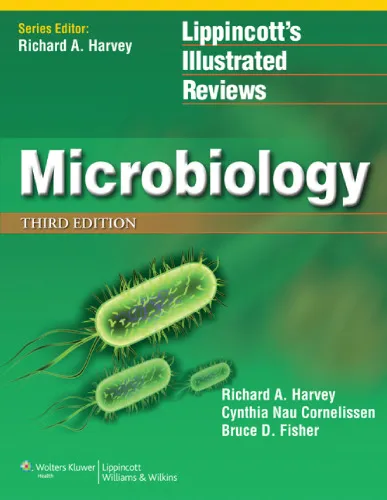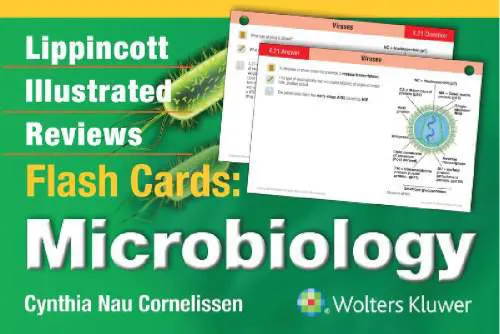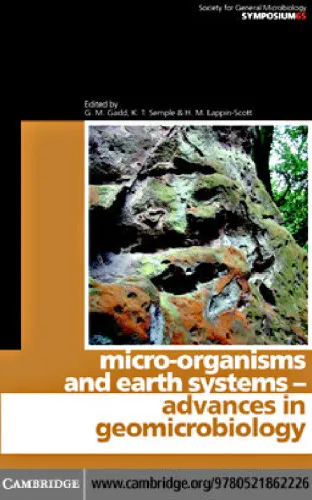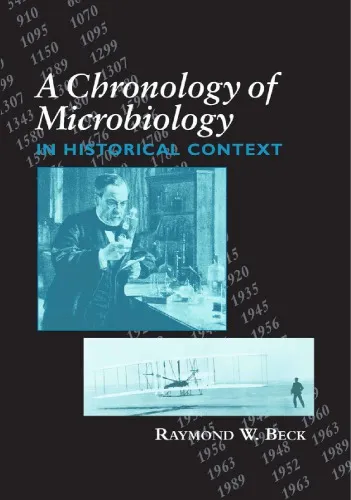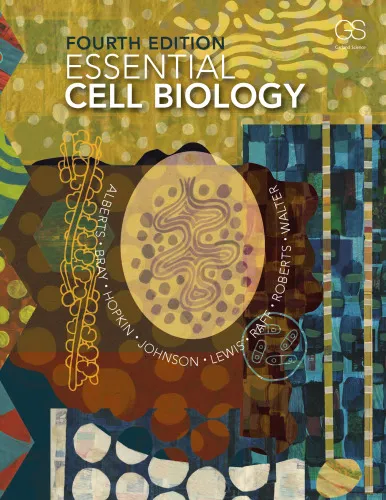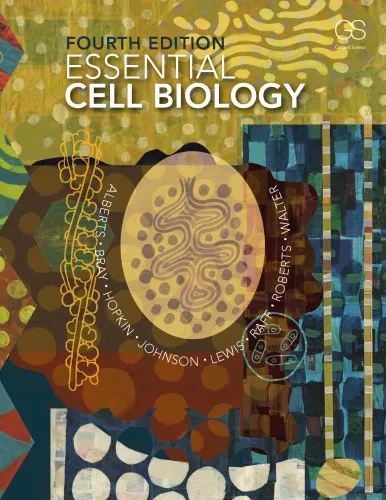Biochemical Education
4.5
Reviews from our users

You Can Ask your questions from this book's AI after Login
Each download or ask from book AI costs 2 points. To earn more free points, please visit the Points Guide Page and complete some valuable actions.Related Refrences:
Analytical Summary
Biochemical Educationpp.212—0 stands as a unique scholarly contribution within the broader discourse of biochemical pedagogy. Authored with the intent to bridge scientific precision and effective educational methodology, it provides a thoughtful synthesis of both established biochemical principles and innovative teaching strategies. This work caters to professionals, educators, and academic researchers looking for a comprehensive guide to structuring biochemical curricula that meet modern scientific standards.
The text delves beyond the surface-level presentation of biochemical concepts, emphasizing how educators can translate complex biochemical reactions, processes, and theories into accessible learning material without compromising rigor. It balances theoretical exposition with methodical approaches for student engagement, assessment, and curriculum evaluation.
Although specific publication year details are listed as “Information unavailable” due to the absence of reliable public sources, the thematic and structural relevance of the content remains timeless. The book often reflects the state of biochemical education during its conception, providing a historical lens and contemporary applicability in equal measure.
Key Takeaways
Readers of Biochemical Educationpp.212—0 gain a clear understanding of not only biochemical principles but also the strategies that ensure those principles are effectively taught and retained.
One major takeaway is the integration of biochemical pedagogy into a broader scientific curriculum, ensuring students develop both theoretical understanding and practical laboratory skills. Another is the emphasis on scientific curriculum development tailored to diverse learning contexts. The text elucidates systematic approaches for creating assessments that align with curriculum goals, thereby enhancing student learning outcomes.
Importantly, the book encourages critical thinking about how biochemical knowledge is disseminated in educational institutions, urging professionals to reconsider traditional approaches in favor of more adaptive, research-informed methods.
Memorable Quotes
“Education in biochemistry is not merely about formulas and reactions; it is about fostering the analytical mindset necessary to innovate.” Unknown
“A curriculum without adaptability is destined to render knowledge obsolete.” Unknown
“Scientific curriculum development must unify accuracy with accessibility.” Unknown
Why This Book Matters
Biochemical Educationpp.212—0 is more than an academic resource; it is an instrument for shaping the future of biochemical instruction.
Its relevance grows from the seamless integration of subject matter expertise with educational strategies rooted in cognitive science and pedagogical research. For educators tasked with designing or refreshing biochemical curricula, the book offers a roadmap to achieve balanced complexity, ensuring student comprehension without oversimplification.
In academic environments where scientific curriculum development is constantly evolving to meet interdisciplinary demands, this work provides clarity, direction, and actionable insights for long-term educational excellence.
Inspiring Conclusion
In exploring Biochemical Educationpp.212—0, readers will find themselves equipped not just with knowledge, but with the tools to apply that knowledge in transformative educational contexts.
By revisiting core biochemical principles and juxtaposing them with modern-day teaching innovations, this book serves as both a mirror to current practice and a compass toward future improvements. Whether you are a professional educator, an academic researcher, or a policy-maker engaged in scientific curriculum development, engaging with Biochemical Educationpp.212—0 becomes an invitation to innovate, share, and discuss its ideas within your disciplinary community.
The next step is yours: read deeply, reflect critically, and contribute to the evolving narrative of biochemical pedagogy.
Free Direct Download
You Can Download this book after Login
Accessing books through legal platforms and public libraries not only supports the rights of authors and publishers but also contributes to the sustainability of reading culture. Before downloading, please take a moment to consider these options.
Find this book on other platforms:
WorldCat helps you find books in libraries worldwide.
See ratings, reviews, and discussions on Goodreads.
Find and buy rare or used books on AbeBooks.
1642
بازدید4.5
امتیاز0
نظر98%
رضایتReviews:
4.5
Based on 0 users review
Questions & Answers
Ask questions about this book or help others by answering
No questions yet. Be the first to ask!

